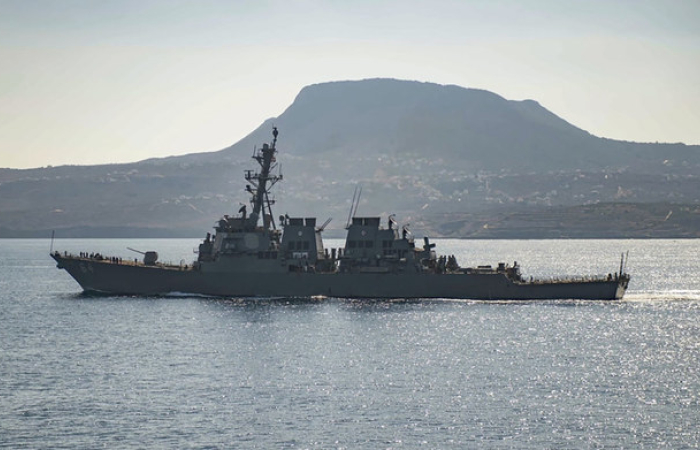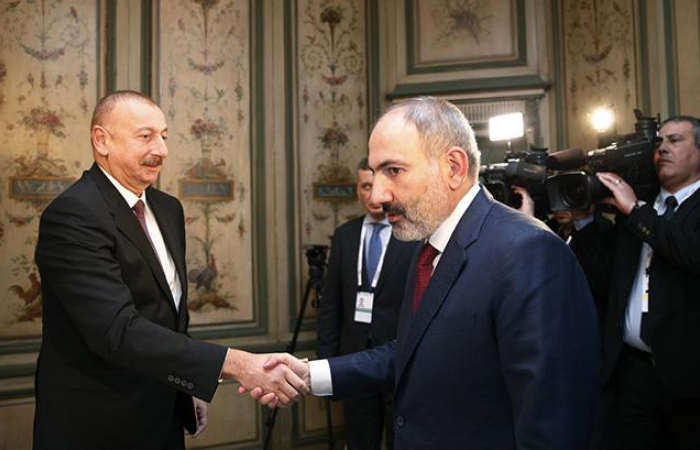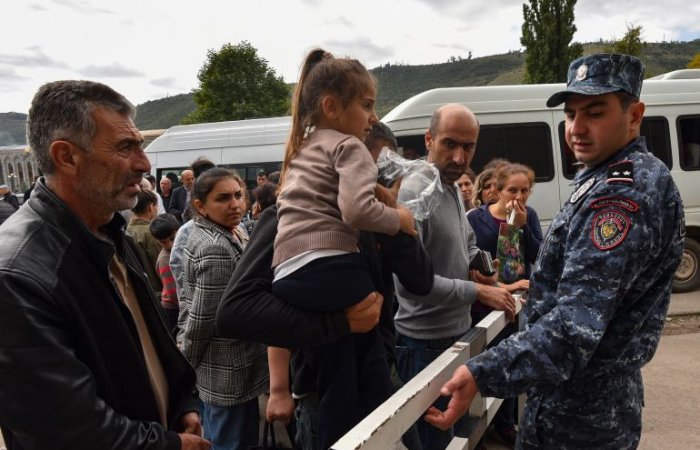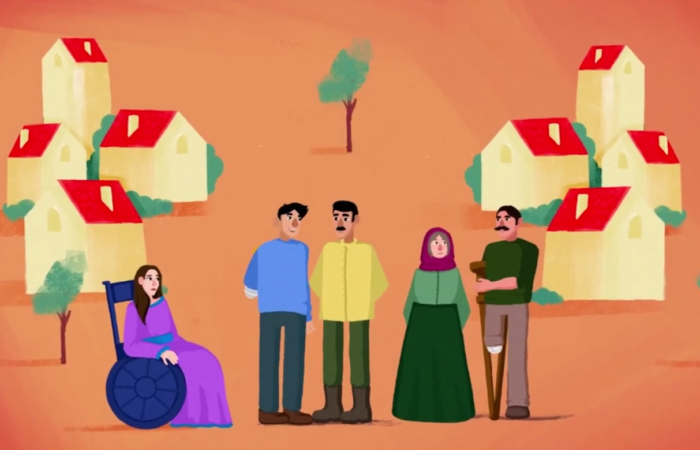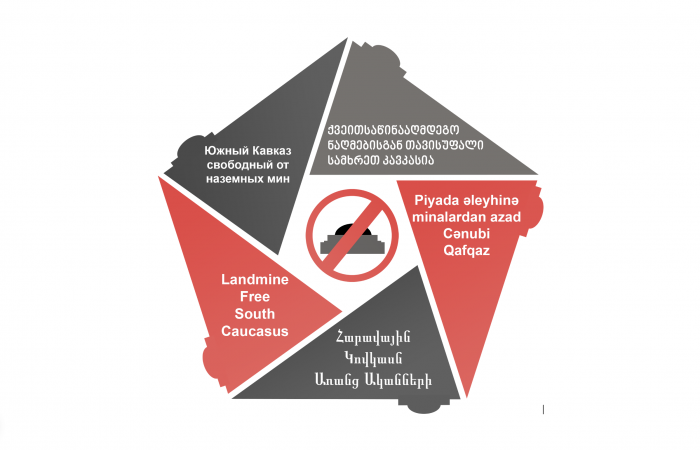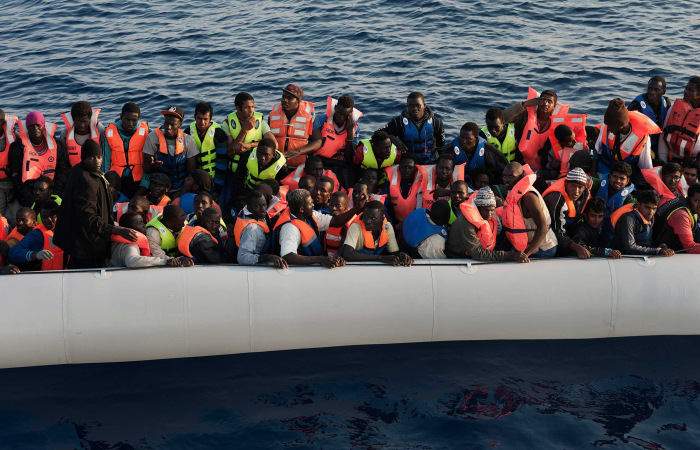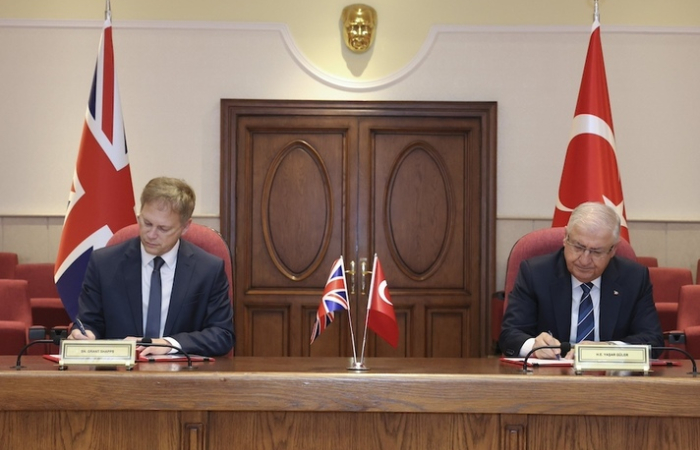Trending
Skirmishes in the Red Sea as Houthis attack shipping
4 December 2023
Three commercial ships in the Red Sea were struck by ballistic missiles fired from Houthi-controlled Yemen on Sunday and a US warship shot down three drones in self-defense during the hours-long assault, the US military said. Responsibility for the attack was claimed by the Houthi rebels, who are backed by Iran.
The attacks marked an escalation in a series of maritime attacks in the Mideast linked to the Israel-Hamas war, as multiple vessels found themselves in the crosshairs of a single Houthi assault for the first time in the conflict.
In a statement, US Central Command said the attacks “represent a direct threat to international commerce and maritime security. They have jeopardized the lives of international crews representing multiple countries around the world.” It said the three commercial ships and their crews are connected to 14 countries.
According to Central Command, the USS Carney, a Navy destroyer, detected a ballistic missile fired from Houthi-controlled areas of Yemen at the Bahamas-flagged bulk carrier Unity Explorer. The missile hit near the ship. Shortly afterward, the Carney shot down a drone headed its way, although it’s not clear if the destroyer was the target. The drone was also launched from Yemen.
About 30 minutes later, the Unity Explorer was hit by a missile, and while responding to the distress call the Carney shot down another incoming drone. Central Command said the Unity Explorer reported minor damage from the missile.
Two other commercial ships, the Panamanian-flagged bulk carriers Number 9 and Sophie II, were both struck by missiles. The Number 9 reported some damage but no casualties, and the Sophie II reported no significant damage.
While sailing to assist the Sophie II, the Carney shot down another drone heading in its direction. The drones did no damage.
“We also have every reason to believe that these attacks, while launched by the Houthis in Yemen, are fully enabled by Iran,” Central Command said, adding that the US will consider “all appropriate responses.”



